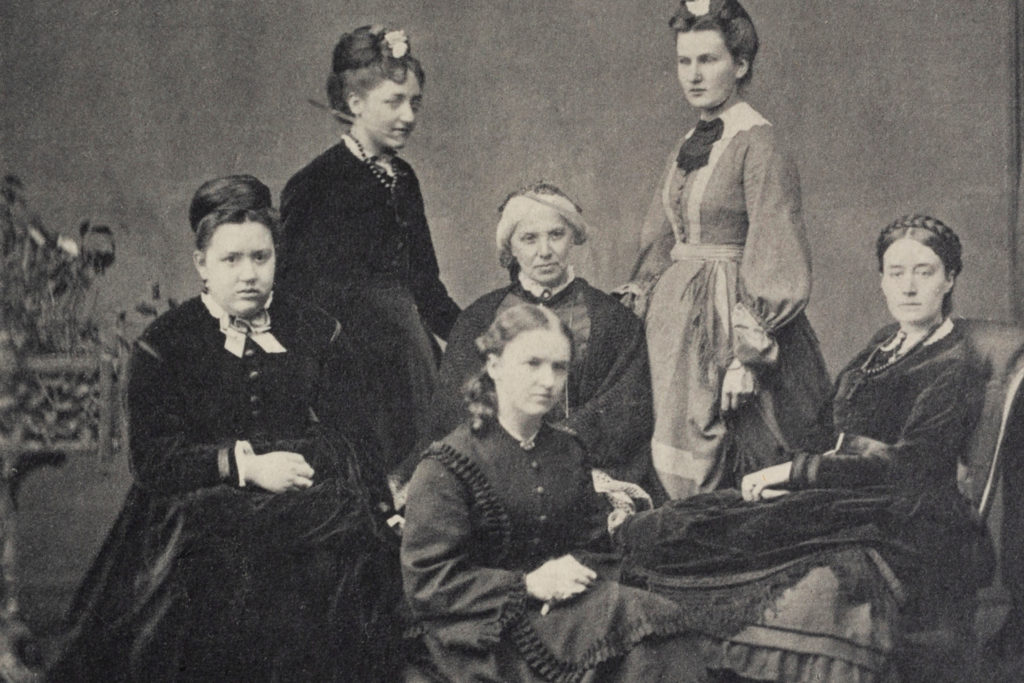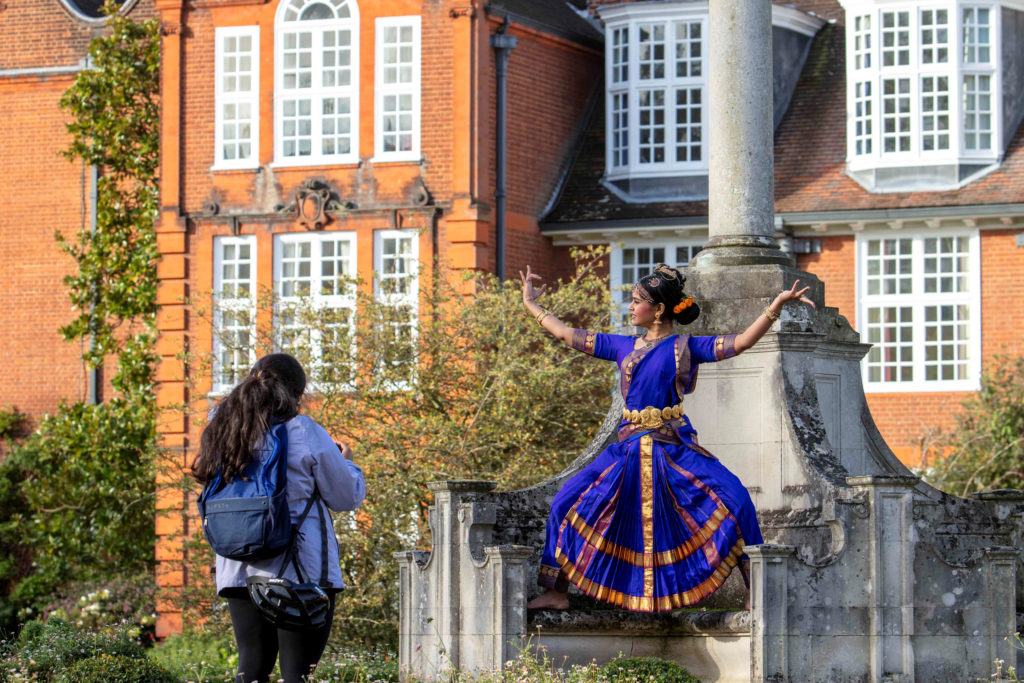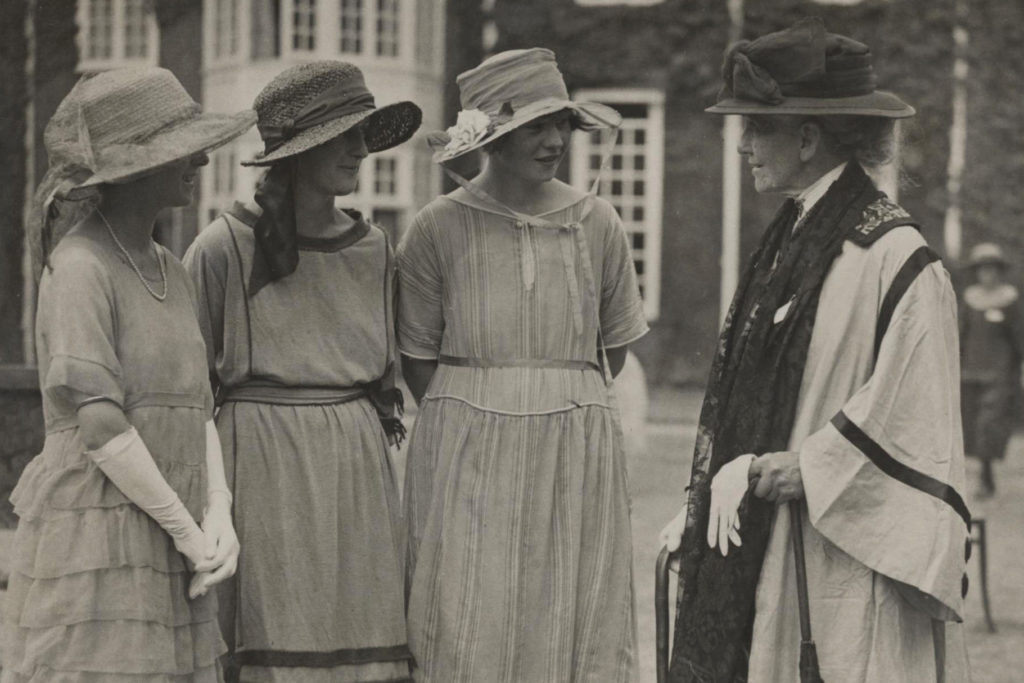What are black holes? How are they created? Research Fellow Dr Ricarda Beckmann explores why the universe would not look the same without black holes, and highlights some of the remaining mysteries surrounding these fascinating objects. A talk for non-specialists and scientists.
Black holes are some of the most extreme objects in the Universe. Despite being no bigger than our solar system, they can weigh more than all the matter in a small galaxy combined. Without black holes, our Universe would look markedly different today, as black holes have been around for most of cosmic history. We already see the very first supermassive black holes in the very early Universe, not long after the first stars were born and when galaxies were still forming. This talk will explore what makes a black hole a black hole, how they came to be and how we have come to realise something very like them exists in different sizes throughout the cosmos.

DR RICARDA BECKMANN studied physics at Imperial College London, before obtaining a PhD in Astrophysics from the University of Oxford, specialising in understanding the co-evolution between supermassive black holes and their host galaxies. After working as a researcher at the Institute d’Astrophysique de Paris, Ricarda joined Newnham as the Ruth Holt Research Fellow in 2020. As a numerical astrophysicist, she uses large-scale simulations of the Universe to understand how supermassive black holes evolve and what role they play in the evolution of the universe we see around us today.






